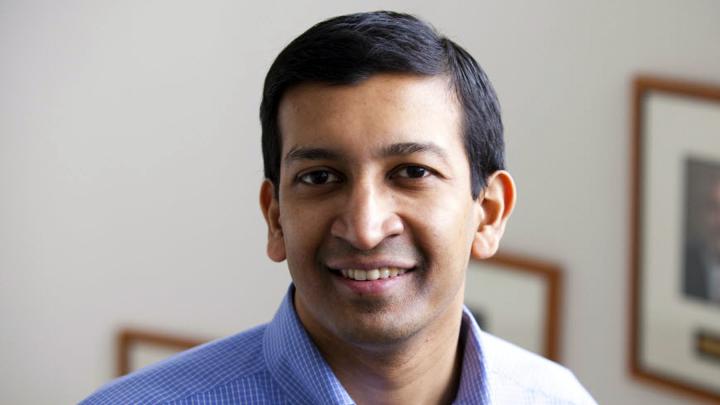Teachers who help students raise their standardized-test scores seem to have a lasting positive effect on their lives outside the classroom as well. A new study by professor of economics Raj Chetty, assistant professor in public policy John Friedman, and Columbia professor Jonah Rockoff found lasting evidence of lower teenage-pregnancy rates and greater college matriculation and adult earnings, reports the New York Times.
The study, in which the test scores and family tax returns of more than 2.5 million elementary- and middle-school students enrolled between 1989 to 2009 were analyzed, is the largest of its kind and will likely influence a national debate on how best to measure the quality of teaching, reports the Times. Among its findings, the study showed that just one year of schooling under a teacher whose classes score highly on standardized tests increases a student’s lifetime earnings by an estimated $50,000.
“I think the main message of our study is that standardized-test score impacts can be a useful input into evaluating teachers, but by no means are we saying that test scores are the end-all and be-all of how teachers should be evaluated,” Chetty said on the PBS NewsHour. “We think that they're one aspect of what should factor into the formula. One would also want to use things like principal evaluations or maybe even student evaluations or other measures of teacher quality. But I think there's some useful data here that could be very useful in improving teacher quality.”
The study bolsters the controversial belief in “value-added ratings” for educators, wherein a teacher’s effectiveness is measured through improvements in his or her students’ annual standardized-test scores, while controlling for student demographic traits like poverty and race, reports National Public Radio.
In his annual State of the City speech last week, New York mayor Michael Bloomberg, M.B.A. ’66, cited the study as he promised annual bonuses of up to $20,000 for teachers rated “highly effective,” based partly on value-added measures and partly on principals’ judgments, according to journalist Dana Goldstein, a Schwartz Fellow at the New America Foundation.
Detractors claim the system is more effective at singling out both the highest- and lowest-performing teachers, but reveals little about the majority of teachers who fall in between—and may unfairly penalize strong teachers whose students do not test well for reasons standardized exams can’t detect.
The New York City teachers’ union, the United Federation of Teachers, immediately opposed Bloomberg’s proposal. Across the country, United Teachers Los Angeles has been battling the Los Angeles Unified School District over “performance evaluation procedures and any related impacts,” reported the Los Angeles Times.
New York Times columnist Michael Winerip suggests that the study itself is flawed because of its use of older data. “It is largely based on test scores from the 1990s, that low-stakes era when my son enjoyed his fourth-grade test,” he writes. “Whether those results are applicable to our post-2004 high-stakes world, we cannot tell. It may well be that teachers under pressure to raise their students’ scores through extensive test preparation will get inflated results that do not carry over positively to adulthood.”
Supporters maintain that the study will indeed help to discern good teachers and, in turn, improve children’s lives. Chetty and Friedman stand by their work, arguing that value-added data can be “a useful statistic even though it’s not perfect, just like performance measures in other occupations.”









